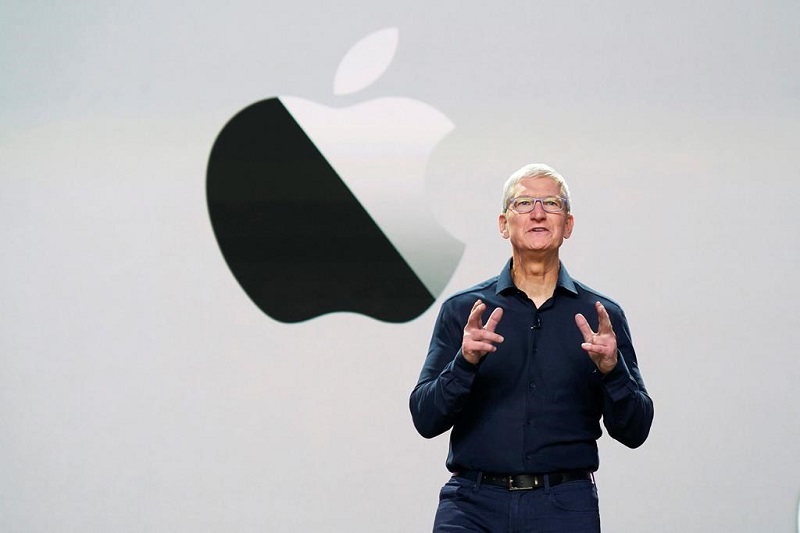Apple Rejects Kenyan Government’s Request to Unlock iPhones

Apple, a company that has notoriously brawled even with its local government on unlocking criminals’ iPhone, has handed the same sour pill to the Kenyan government.
The Kenyan government had requested the iPhone maker to help unlock two iPhones under police investigations between June to December last year, according to US Securities Exchange Commission (SEC) records dated December 23, 2020.
Specific details on what the government was interested in are unknown, but such requests to the Silicon Valley giant are not unusual. The US tech giant gladly rejects most government requests to unlock encrypted iPhones to help with ongoing criminal investigations.
One popular standoff was between the tech giant and the US government that the company opposed saying it violates its privacy policies. The FBI sought an injunction to compel the company to unlock a gunman’s phone to help provide crucial information to the investigation.
Apple continuously denied the request with Tim Cook, the company’s CEO, terming it as an “unprecedented step” threatening the security of its customers and could have “implications far beyond the legal case at hand.”
Apple’s ‘Hard-to-break’ Encryption
Since 2014, after iOS 8 was introduced, Apple started encrypting customer data on iPhones. Everything from text messages to photographs is now encrypted by default that even Apple cannot access it. As such, the FBI wanted Apple to alter its software circumventing security features to install it on the gunman’s iPhone.
Privacy on the hot seat
Kenyans have long been protected by the Official Secrets Act, 1968 that was put in place to protect individual privacy, a law that has come under fire in recent times.
A new bill presented in the National Assembly seeks to modify the act. If passed into law, Kenyans would be compelled to reveal SMSs, emails, and WhatsApp messages deemed as a breach of “national security” – an ambiguous term used by despotic governments to undermine human rights – by the government or face a Ksh 1m fine.
In the past, the government’s request to install surveillance gadgets on phones, mooted as illegal by a court, was denied.
Follow us on Telegram, Twitter, Facebook, or subscribe to our weekly newsletter to ensure you don’t miss out on any future updates.


